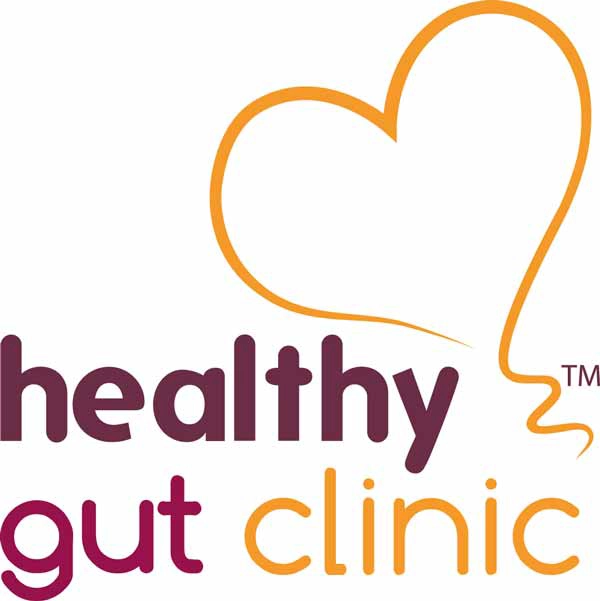When a new client is embarking upon a digestive health and wellness journey, it’s natural to be curious about what lies in store for them. It’s part of the human condition to want to know “how it goes,” and we take comfort in the knowledge that we have some kind of handle on how our future looks. We have to factor in time commitments, and of course, how much money we may need to spend to get ourselves from where we are with our digestive health, to where we ideally want to be.
I understand this. I often cite the example of visiting a nutritional therapist many years ago when I was pretty skint. In fact, the appointment which cost me about £80 was all the spare money I had, but I was sick and tired of feeling sick and tired, so I was happy to invest in myself. However…
At the end of the session, the therapist informed me of my shortcomings and recommended a huge bunch of supplements that I would need to get me to a the level of health required, which would cost a further £250+ – I didn’t have that kind of cash to spend, which then made the £80 investment I had made a complete waste of money too.
It taught me something very valuable, which is to always be up front and honest with clients at the outset of their treatments about what might lie ahead.
I say “might” because in absolute truth, no-one knows for sure.
Everybody, and every body responds differently to a colonic treatment and so the factors that might influence how many treatments you will need are various. They include things like lifestyle choices, age, constitutional health, and of course, how long you’ve been suffering from your presenting condition.
For example, someone who has historically eaten poorly, drank lots of alcohol, lived with lots of stress and possibly has unresolved trauma within their body, will likely need more support than someone who eats, sleeps and lives well, and feels relaxed and happy most of the time.
But another massively influential factor is what the person does in between treatments. If they leave the clinic feeling clean and fabulous, visit McDonalds on the way home for food (using the term loosely), drink bottles of booze, smoke lots of cigarettes etc, then they could probably do with visiting me every week! I’m kidding a bit, but you get the picture.
What is the client’s overall goal?
This is such an important thing to take into account. You see, some people are accepting of life just the way it is as long as they can get rid of their bloating, or irregular bowels or constipation. They view the treatment as the thing “solving” their problem. This approach can have value, but under deeper analysis we can see that it is an avoidance of a problem rather than an active choice to be healthy. We need to make a subtle distinction between these two directions to get clearer on the “how many treatments” question.
Potentially, 1-3 treatments in quick succession can balance out the kind of functional gut problems (IBS, constipation etc) that these clients are presenting with, and they will go forward to enjoy a period of respite from their issues which will undoubtedly be welcome. However, if they don’t alter their behaviour and lifestyle to support a longer term approach to their gut health, they’ll be back in the clinic needing more treatments after a few months.
But, if you’re someone who recognises the importance of supporting your gut health through regular cleansing and good diet, and are just starting out with your gut health journey, don’t have any functional gut problems that you’re aware of and are looking at colonic treatments as a way to promote good health for your future, then I usually suggest the following protocol. An initial treatment, with a return structure of 1, 3 and 6 month appointments. From there, maybe once or twice a year follow ups, depending up on your age and lifestyle.

Dodging the Gradual Disclosure Bullet
As I said, it’s difficult to be absolutely precise about how much of your time and money you will need to invest (most people are looking for things to take the least in both areas!).
Please keep in mind that, in addition to the colonic treatments, you may need to factor in costs for supplements, which may be required for several months.
Supplements such as digestive enzymes, collagen and magnesium are very beneficial to gut health. It can all add up, but keep in mind that if you’re serious about your healthy gut journey, you’ll be making savings on take-aways, alcohol and processed foods!
Pre and probiotics are a must in today’s society, especially if you’re working on healing a leaky gut, and hoping to regain balance within your gut microbiome. Some of these products are costly but it is my experience that you pay for what you get and spending less can be a false economy.
I use and recommend the following pre and probiotic product on which you can subscribe and save. Synergy’s Biome Actives are fabulous and unlike many probiotics I’ve tried over the years, I know if I have forgotten to take them because it’s reflected in my slightly more stubborn bowel movements (sorry if TMI!).
Written by Katherine Brooke, international speaker and bestselling author on the subject of gut health and poo.
I help people with all kinds of problems like constipation, IBS, bloating and diarrhoea, please don’t be embarrased and please do get in touch.


